by Vince Hawkins
On the morning of December 3, 1757, Frederick the Great ordered all his generals and regimental and battalion commanders to his headquarters at Parchwitz. The situation facing the Prussian army was grave, and Frederick had called this council to convey the importance of the upcoming battle to every commander in his army.
A Milestone Event
Those who attended what was later called “The Parchwitz Address” never forgot that moment or the words that were spoken by their king on that snowy morning. Years later, hardened old veterans were reduced to tears whenever they repeated the magical speech. Such was the effect of this drama on the participants—highly unusual considering the somber and often severe conditions of Prussian military service. Eyewitnesses have recounted the king’s obvious fatigue, the quiet, almost weak tone of his voice, and the unkempt appearance of his uniform—conditions that fixed their attention and caused them to pay all the more heed to his words. Of further note, Frederick the Great gave the address in German, unusual because he preferred to speak in what he considered a more civilized language, French.
Two versions of the address are presented here. The first is probably the more commonly recount- ed version. The second is reputed to be the more historically authentic. The author makes no comment on which of the two versions is the more accurate.
The First Version
“Gentlemen: You are aware that Prince Charles of Lorraine has succeeded in becoming master of Schweidnitz, beating the Duke of Bevern, and taking possession of Breslau while I was of necessity absent, having been obliged to check the advances of the French and their allies.
“A part of Silesia, its capital, and all of the munitions of war that were stored there have been lost; and my disasters would be regarded by me as being fully crowned and insurmountable were it not that I place the most unbounded confidence in your gallantry and courage, in that resolution and love of country which you have so nobly evinced on so many occasions…. There is not one amongst you who is not distinguished by some great, some chivalrous exploit. I can consequently flatter myself in the hope that, when the occasion offers, you will not fail to satisfy the demands that your country now makes upon your courage and devotion.
“The decisive moment is approaching, and I should consider that I had accomplished nothing if I left the Austrians in possession of Silesia. Rely then on this, that contrary to every rule of art, I shall attack the army under the command of Prince Charles even though it be three times my own strength wherever and whenever I may meet it.
“The number of the foe, the strength of their position, are here matters of but secondary importance. All these must yield, I feel confident, before the unflinching bravery of my troops and the judicious execution of my orders. I must venture on this step, or all is lost. We must beat the foe or be buried beneath their batteries.
“These are my feelings, and I shall act accordingly. Inform the different officers of the army of my purpose and resolves; prepare the private soldier for the events that are about to follow, impress upon his mind that I am justified in demanding the most implicit obedience from him. Finally, remember that you are Prussians and your actions will certainly be in accordance with that high distinction. If there be, however, any one amongst you who fears to share these dangers with me, he can this day demand his dismissal without being exposed to the slightest reproach from me…. Return to the camp and communicate to the regiments what you have now heard from me.
“I shall immediately after the battle dismount and convert into a garrison regiment that cavalry regiment that does not immediately, on being ordered, burst impetuously on the foe. The infantry battalion which, whatever the obstacles, halts for a moment, shall lose its standards and swords, and I shall cut the facings from its uniform. Fare you well, gentlemen for the present. We shall soon beat the enemy and meet again.”
The Second Version
“The enemy hold the same entrenched camp of Breslau which my troops defended so honorably. I am marching to attack this position. I have no need to explain my conduct or why I am determined on this measure. I fully recognize the dangers attached to this enterprise, but in my present situation I must conquer or die. If we go under, all is lost. Bear in mind, gentlemen, that we shall be fighting for our glory, the preservation of our homes, and for our wives and children. Those who think as I do can rest assured that, if they are killed, I will look after their families. If anybody prefers to take his leave, he can have it now, but he will cease to have any claim on my benevolence.”
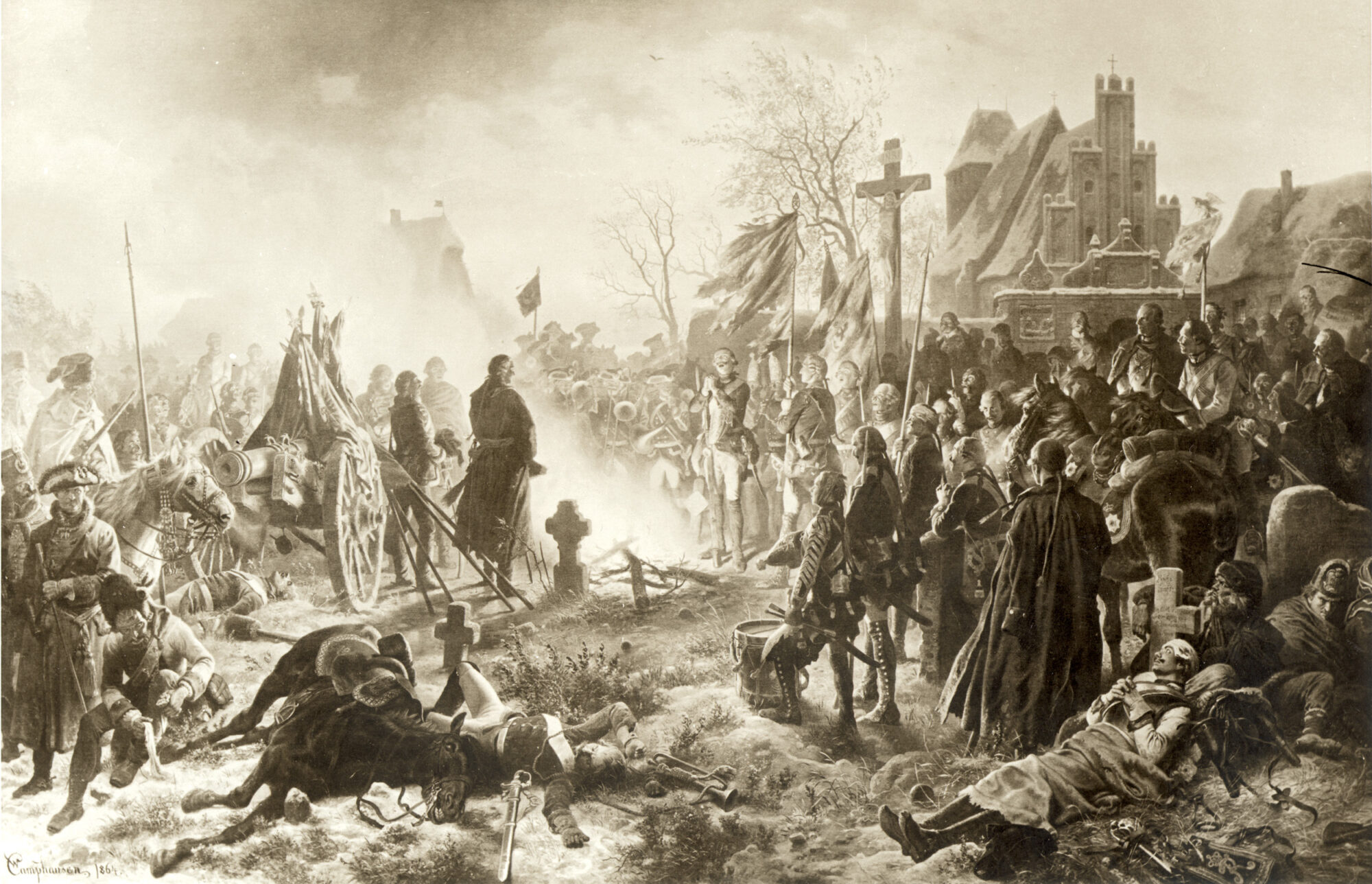
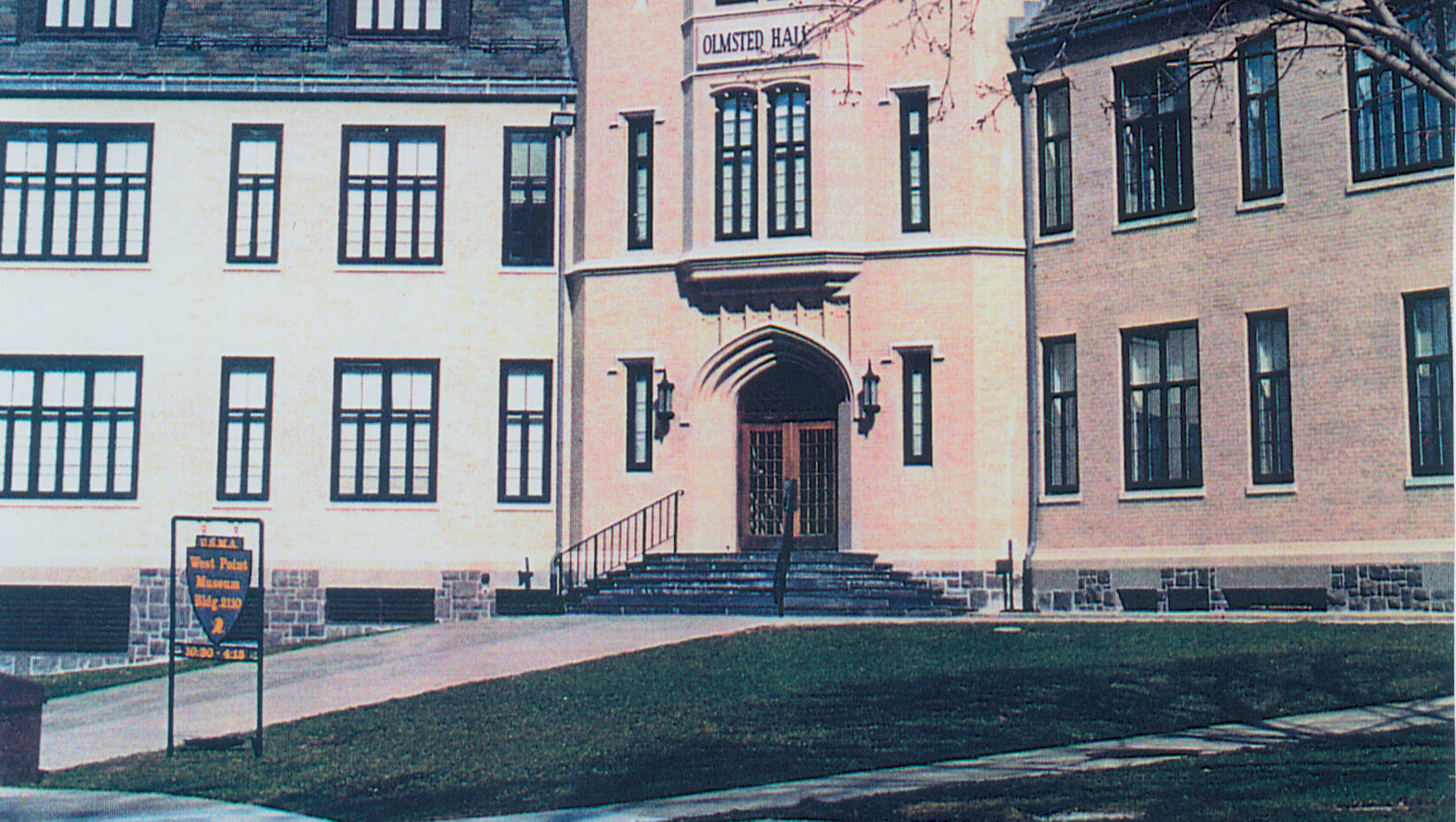
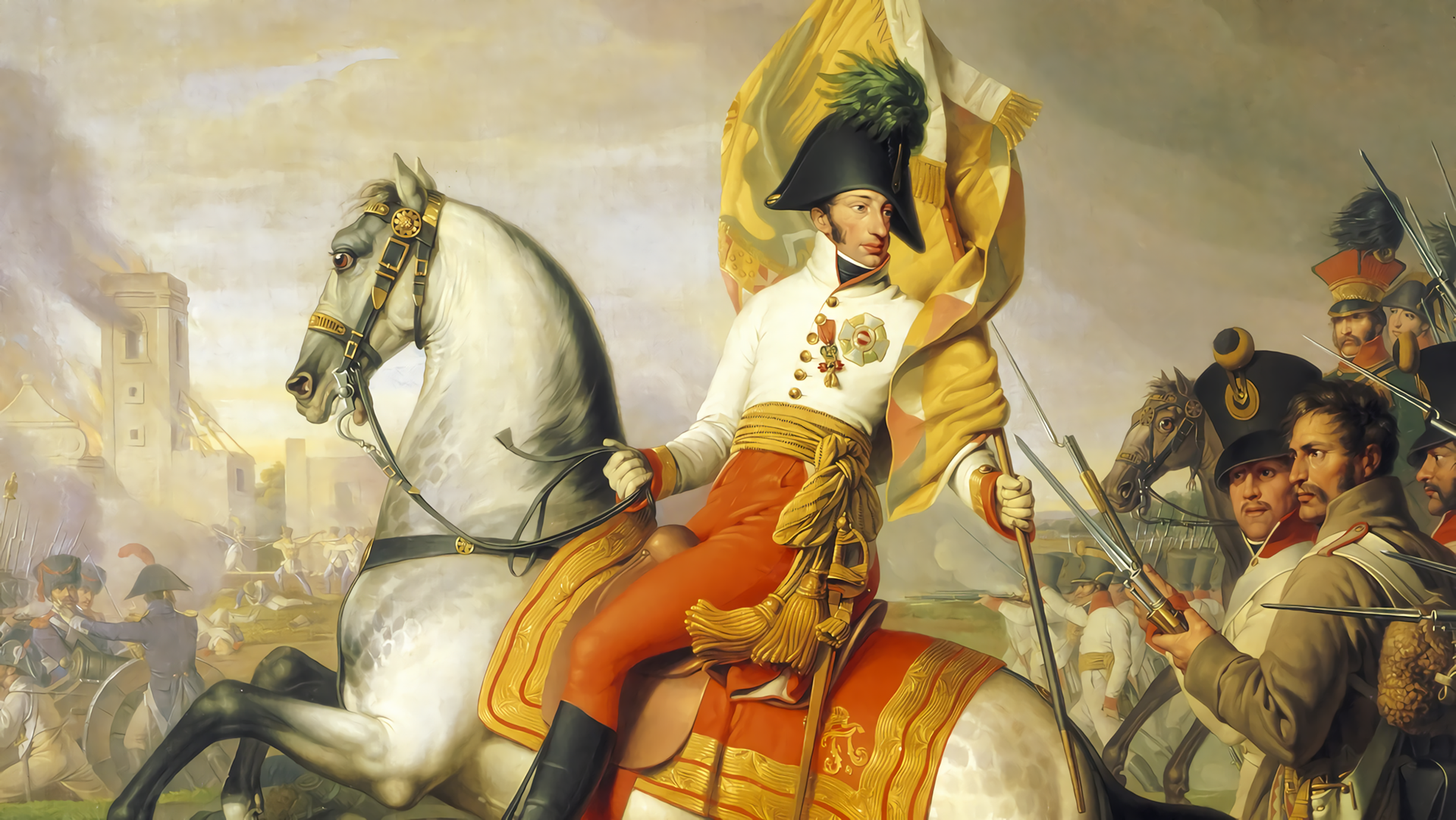
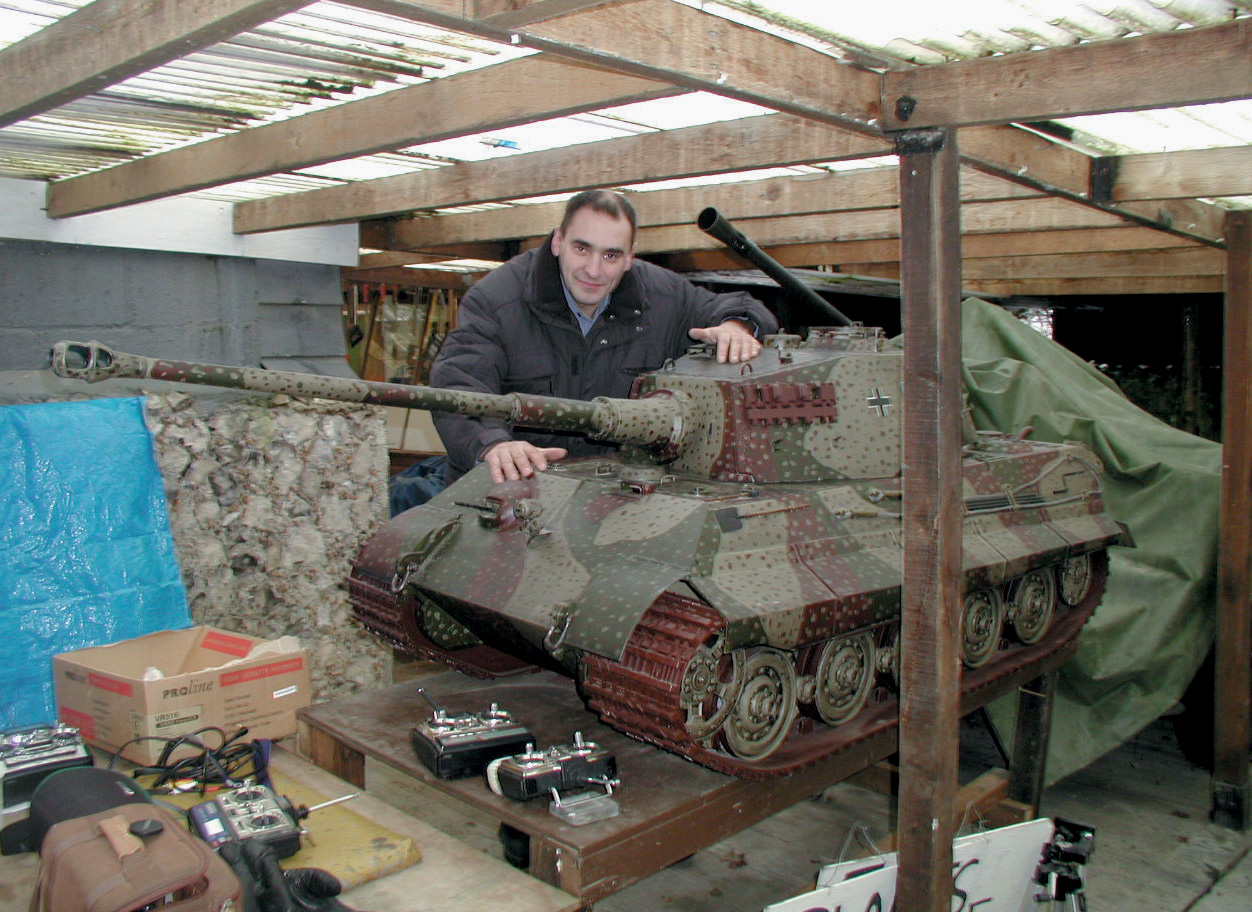

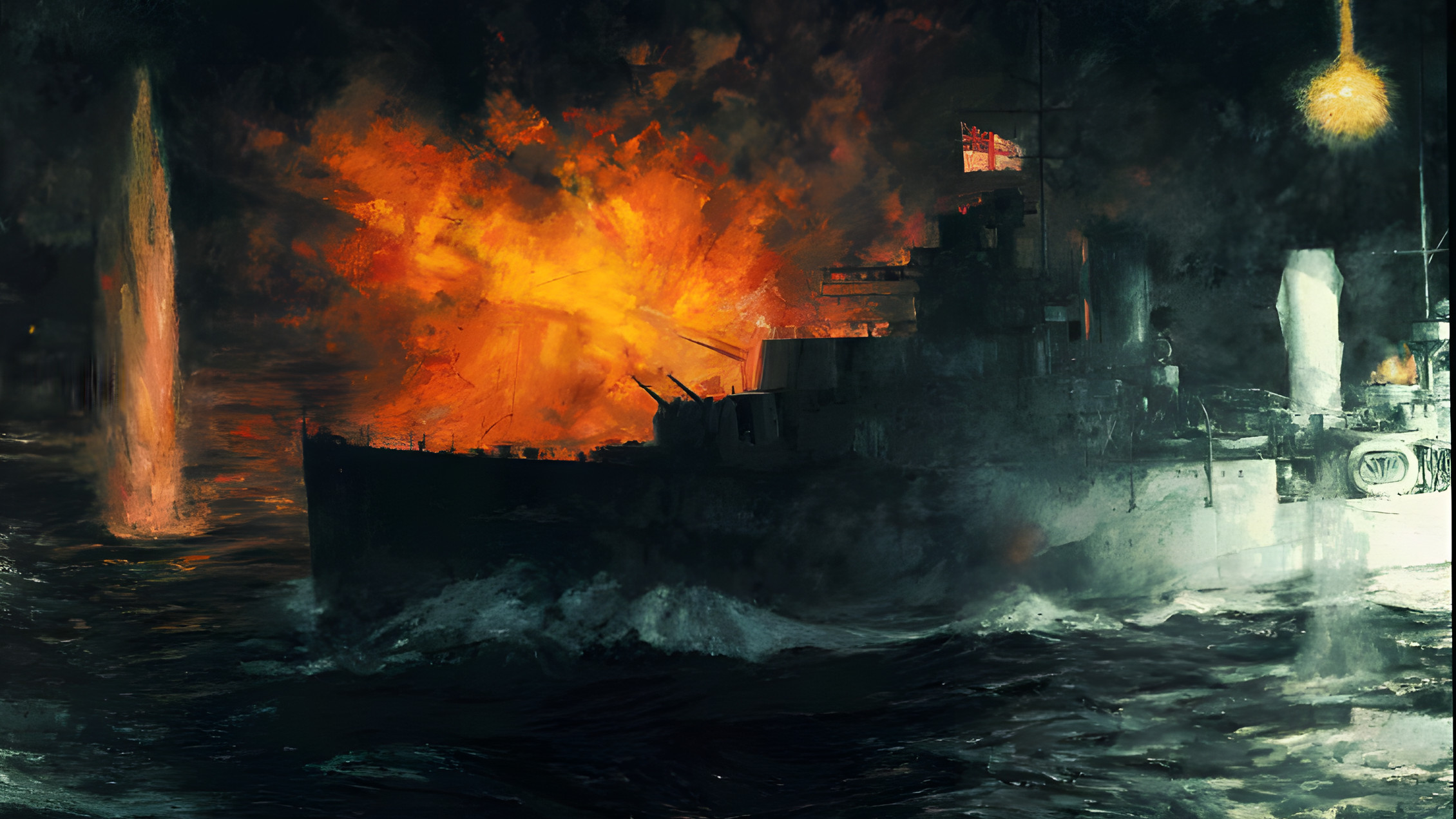

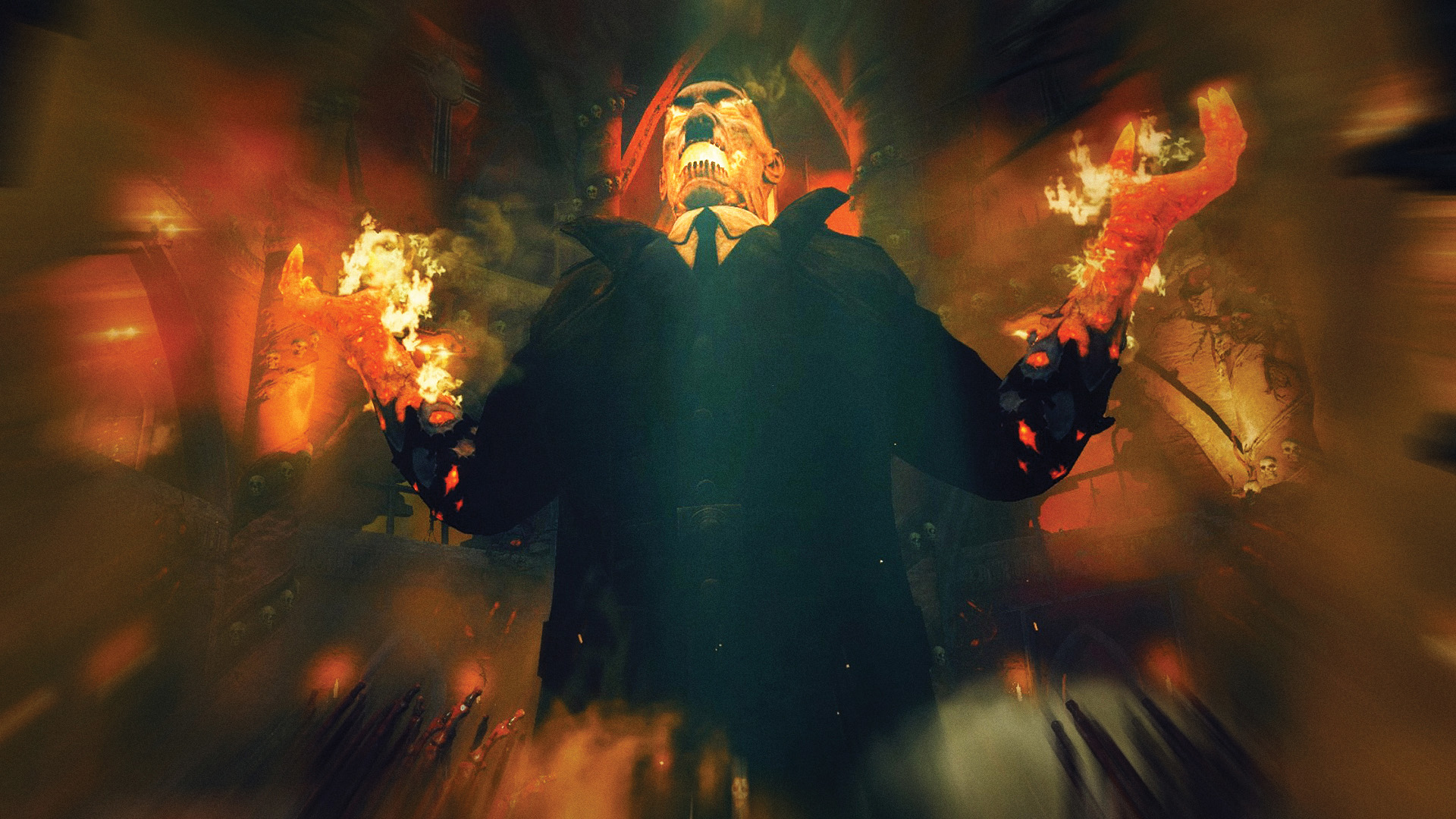
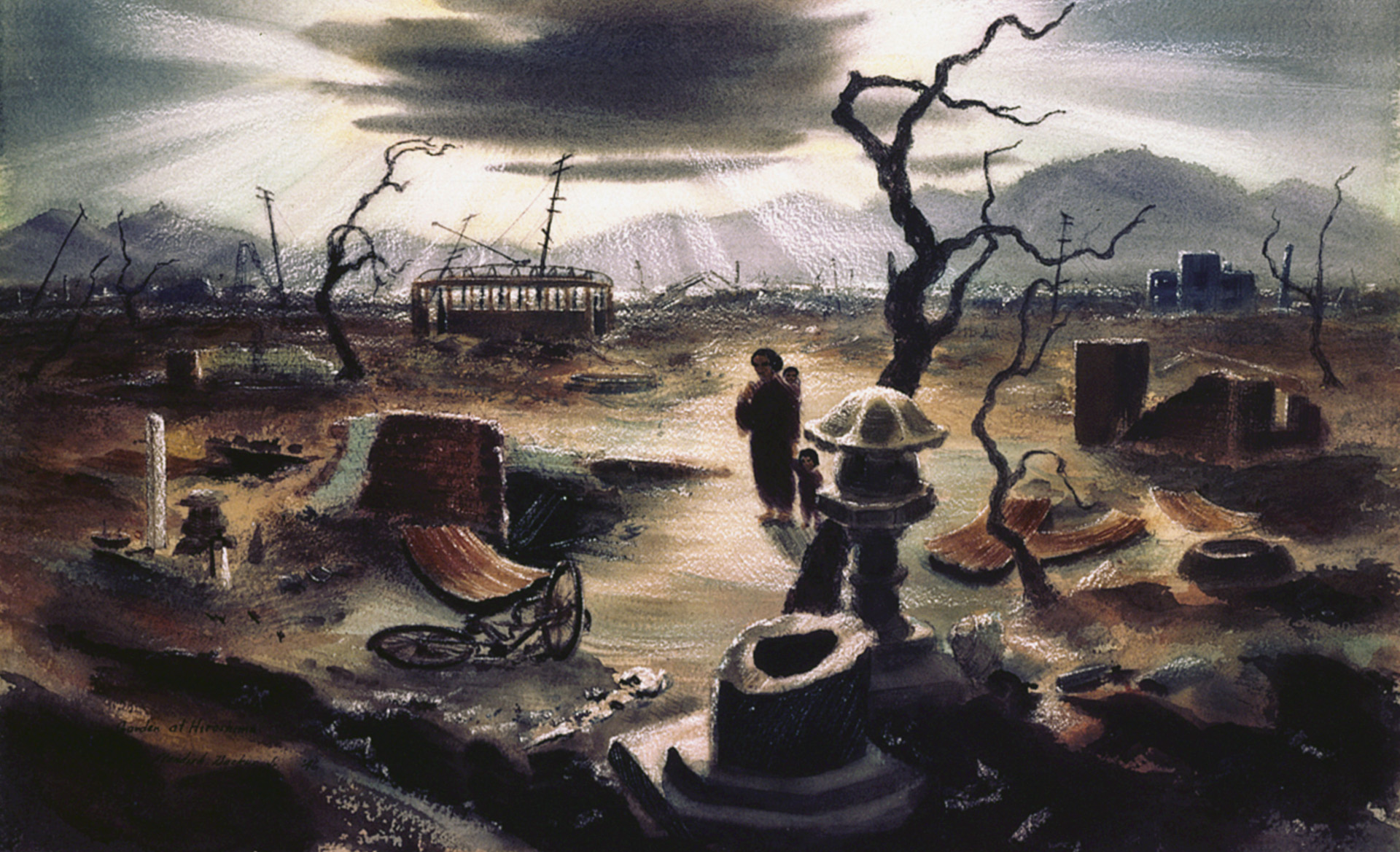
Join The Conversation
Comments
View All Comments